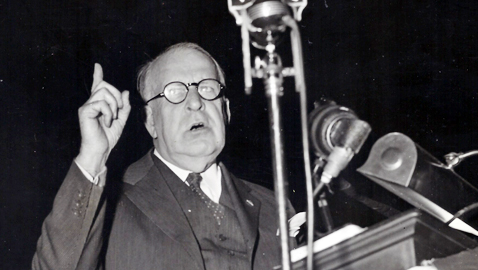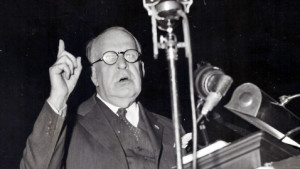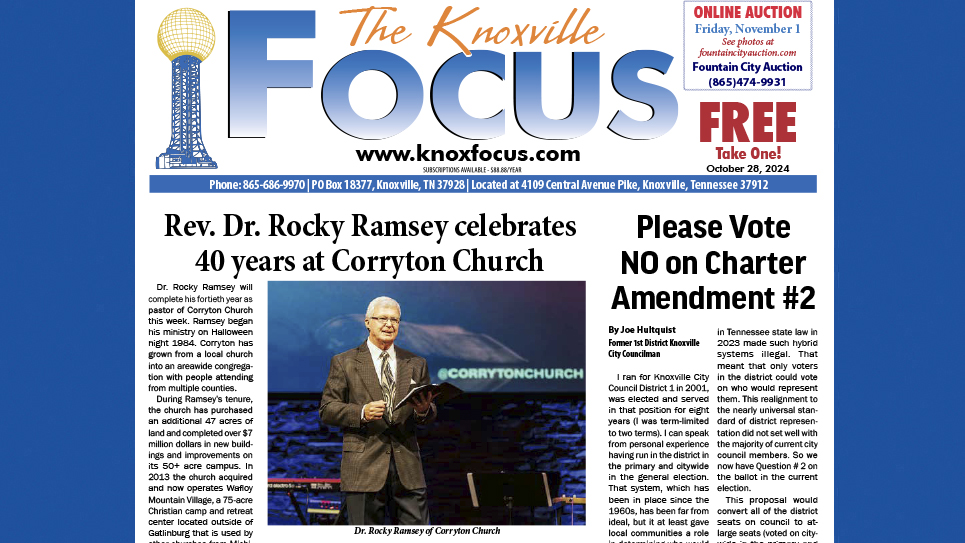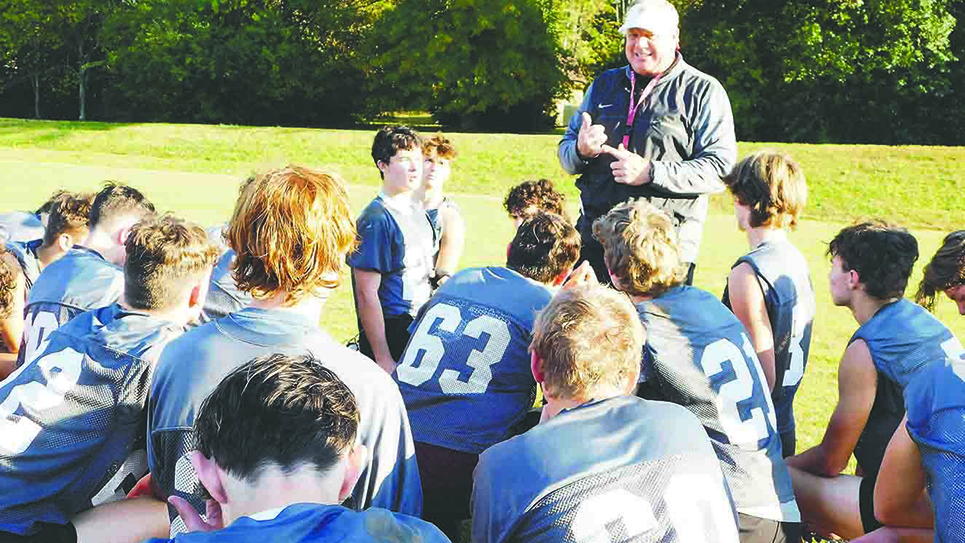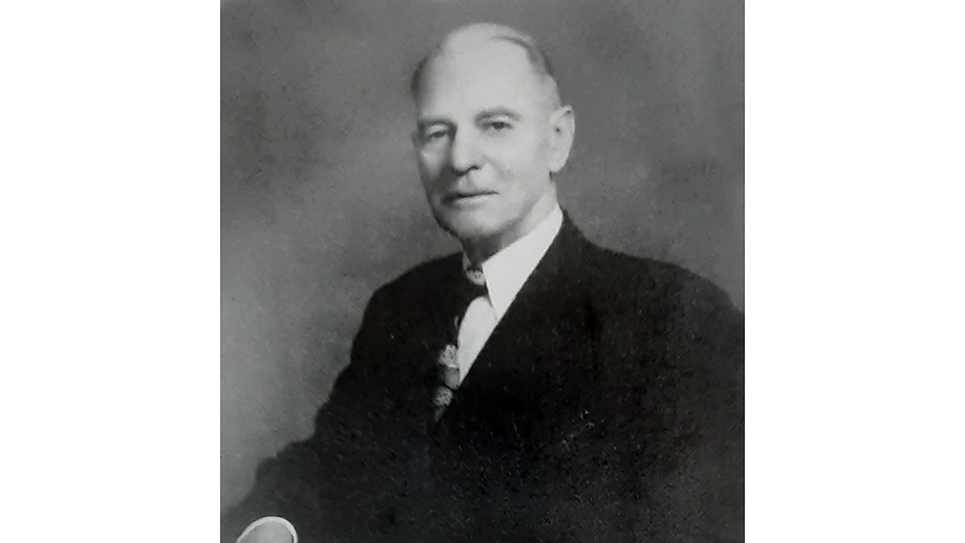When folks think of successful Irish politicians from Massachusetts, they tend to think in terms of the Kennedys, John and Ted. Yet the first and most enduring Irish-Catholic politician from Massachusetts was not a Kennedy; it was David Ignatius Walsh. For over three decades, David I. Walsh defied the political tides and considerable prejudice to become the most successful Democratic politician in what was then a staunchly Republican state until the arrival of the Kennedy dynasty.
David I. Walsh was born November 11, 1872, one of nine children of immigrant parents. The Walsh family was relatively poor and more so after the untimely death of David Walsh’s father, who was a comb maker. Mrs. Walsh helped to keep the family afloat by operating a boarding house. With the help of older siblings, David Walsh managed to attend college and earned a law degree from Boston University’s law school and he practiced law with an older brother who had become quite a successful attorney.
David Walsh had a very pleasing personality and an equally pleasing appearance during his youth, both of which served him well when he won election to a seat in the Massachusetts House of Representatives, in what had been a Republican constituency. Walsh would later become known as an isolationist as World War II approached and he had a life-long antipathy, like many of the Irish, toward the British Empire. Yet, David Walsh was also deeply anti-imperialist, even when it pertained to his own country. Walsh stoutly opposed American colonialism in the Philippines and throughout his career, he would generally be opposed to any form of colonialism.
Walsh was defeated in his bid for reelection to the Massachusetts House of Representatives, largely because of his having strongly supported limiting the number of hours women and children could work in the course of a week; Walsh had voted for a fifty-eight hour work week for women and children, which led to his being defeated by a Republican. Walsh sought higher office in 1910, losing a campaign for Lieutenant Governor in 1910. He made a respectable race and ran again in 1912 and won. With his election in 1912, David Walsh was the first Democrat to serve as Lieutenant Governor in seventy years and was the first Irish-Catholic Democrat to be elected Governor in 1914.
From the beginning, Walsh demonstrated an astonishing ability to win the votes of Republicans, even those members of the GOP who were considered upper crust or “Brahmins”. In a state where it was said “The Cabots speak only to the Lodges and the Lodges only speak to God”, the Irish-Catholic David Walsh’s success in winning elections was nothing short of a miracle.
David Walsh quickly established himself as a champion of working people, as well democracy. Walsh was pointedly critical of those who sought to deny greater opportunities for voting and fought hard on behalf of suffrage for women during his gubernatorial administration.
Walsh lost a third race for governor in 1916, but he rebounded from his loss by running for the United State Senate two years later against Republican incumbent John Weeks. Walsh defeated Weeks and began his long service in the Senate. Once again, David I. Walsh was the first Irish-Catholic ever elected to represent Massachusetts in the United States Senate.
Walsh’s appeal as a vote getter, especially with Republicans and the staid Yankees of his state, was not because Senator Walsh was ashamed of his heritage. Walsh was also a powerful orator of considerable ability and he relished the opportunity to introduce Eamon de Valera, the President of the Irish Republic, at a gathering attended by thousands at Boston’s Fenway Park in 1919. At the 1924 Democratic National Convention, Senator Walsh urged his fellow Democrats to condemn the Ku Klux Klan outright at a time when the KKK was perhaps at the height of its political influence in the country. In his speech to the convention, Walsh bitterly assailed the Klan, referring to it as “this malignant growth”. Senator Walsh reminded the members of his party they regularly condemned Republicans and Communists and should have little trouble denouncing the Klan as well.
Massachusetts’ elections were becoming more competitive; the very essence of the Boston Brahmin, Henry Cabot Lodge, had only narrowly turned back a challenge from John Fitzgerald, who incidentally, was the grandfather of John Fitzgerald Kennedy. In 1924, Walsh was seeking reelection to a second term in the United States Senate, but faced a formidable obstacle as President Calvin Coolidge was heading the Republican ticket. Coolidge was a highly popular former governor of Massachusetts and the weakness of the national Democratic campaign made it certain there would be a tidal wave of votes for the GOP in the Bay State. Walsh had drawn a topflight opponent in Frederick H. Gillett, the Republican Speaker of the U. S. House of Representatives. In spite of the Republican landslide and being heavily outspent and facing a popular opponent, David I. Walsh only lost by 20,000 votes.
Walsh resumed practicing law with his brother Tom, but his exile from the Senate was to be brief. The icy Henry Cabot Lodge, having been in the United States Senate since 1893, died November 9, 1924. Senator Lodge was succeeded by William M. Butler, the Chairman of the Republican National Committee. Butler was extremely close to President Coolidge and his appointment to the Senate was heavily influenced by Coolidge’s desire to have his friend become a senator. Butler was a wealthy industrialist and was perceived to be the spokesman for the Coolidge administration in the Senate, but he was not an exceptional candidate. A special election for the remainder of Cabot Lodge’s term in the Senate would be held in 1926 and William Butler was anxious to remain a senator, but the Democrats chose the most popular candidate available to them: David Ignatius Walsh.
Senator Butler had a lavishly funded campaign and many Massachusetts workers, especially in the textile industry, were warned that should Butler be defeated, many factories would close and thousands of jobs would disappear. President Coolidge did all he could to help Butler and the full resources of both the administration and the national Republican Party were brought to bear on behalf of William Butler. It was to no avail, as David Walsh yet again demonstrated his prowess in winning votes in what was still a largely Republican state. Butler would again try to return to the United States Senate in 1930, but was defeated by a Democrat whose last name was oddly enough, Coolidge.
Senator Walsh, completing the last two years of the late Henry Cabot Lodge’s term, had to face the voters again in 1928. Once again, Republicans made a determined effort to remove Walsh from the Senate, but he won by an even larger margin than two years earlier.
TIME magazine, never especially kind to David Walsh, published a portrait of the Massachusetts senator that was not especially flattering. As he aged, Walsh began to pack on the pounds, a fact which distressed him. TIME detailed Walsh’s wardrobe, not failing to mention his small feet, and noted he lived at the expensive Carlton Hotel in Washington, maintaining that for all his populism, Senator Walsh lived a very elegant lifestyle.
Walsh was a prominent critic of President Herbert Hoover, describing Hoover and his administration as a failure for its inability to deal with the effects of the deepening depression. Walsh remained even more popular in Massachusetts, winning reelection in 1934 and 1940. President Franklin Roosevelt disliked Walsh, especially as Walsh was Chairman of the Senate’s Naval Affairs Committee and opposed to internationalism, especially if it helped the British Empire. While Walsh agreed with FDR’s belief in a larger navy, the Massachusetts Democratic was fiercely opposed to aiding Great Britain as it struggled in the early years of World War II, especially before American entry into the war. FDR’s opinion of David Walsh mattered little and Walsh outran Roosevelt in Massachusetts when both were on the ballot in 1940.
Senator Walsh’s career came to an end in 1942, although he had more than four years left to serve in the Senate. That year a report was published in the New York Post about “Senator X” being discovered in a male brothel in Brooklyn. To make matters worse, the brothel was supposedly frequented by German agents. The Post later identified Senator X as David I, Walsh. It was almost certainly true Senator Walsh was gay, but the charges against him as published by the Post were highly doubtful. Although some called it a “whitewash”, the FBI investigated the allegations against Walsh and exonerated him entirely. Some fellow senators came to Walsh’s defense, especially as many believed the allegations had been made due to Walsh’s isolationism and hostility toward the British. Senator Bennett Champ Clark dismissed the owner of the Post, Dorothy Schiff, as an “old hussy”. Senate Majority Leader Alben Barkley took the floor of the Senate and loudly denounced the New York Post and reported that there was no evidence Senator Walsh had ever frequented the “house of degradation” as suggested by the Post.
Walsh’s sexual orientation had been implied by critics on numerous occasions and one Massachusetts businessman had made the comment he would entrust his daughter to Senator Walsh on an around the world cruise, but wouldn’t trust Walsh with his son in a canoe traveling across a creek. FDR’s personal dislike of David Walsh involved more than the senator’s isolationism. The President once made the comment that “everybody knew” David Walsh was a homosexual. Roosevelt allegedly told Majority Leader Alben Barkley that Walsh should follow the course taken by many disgraced military officers and shoot himself.
Even if untrue, the scandal effectively ended Walsh’s political career, although he remained a member of the United States Senate. Walsh was still important enough to have FDR, running for a fourth term in 1944, to personally telephone him at his Clinton, Massachusetts home and coax him into joining the presidential train. Walsh had supported every war effort as a member of the Senate and advocated a quick return home for military personnel.
David Walsh determined to run yet again in 1946, despite his surviving sisters pleading with him to retire. Walsh faced his one time colleague, Henry Cabot Lodge, Jr. The younger Lodge, grandson of the elder Senator Henry Cabot Lodge in spite of being named “Jr.”, was handsome, young, and a proven vote getter in his own right. Lodge had actually resigned his seat in the Senate to join the American armed forces during World War II. Lodge ran a dignified campaign and treated the seventy-three year old Senator Walsh with respect. Walsh campaigned as hard as he could, but it was a year when Republicans regained control of both houses of Congress and the scandal reported in the Post likely helped to determine the outcome of the election. Walsh lost badly to Henry Cabot Lodge, Jr. who would serve for only one more term before losing himself to another Irish Catholic Democrat, John F. Kennedy.
Walsh was deeply hurt by his rejection by the people of Massachusetts. Publicly, he proclaimed he was happy to be rid of “the burden” of serving in the Senate, but he remained depressed and dejected by his defeat. He died on June 11, 1947 after suffering a cerebral hemorrhage.
Although a statue was erected of Walsh in Boston in 1954, David O’Toole (who was named for Senator Walsh) wrote an interesting book about the Walsh scandal, which implicates the British who naturally loathed the Massachusetts senator for his hostility toward their empire. O’Toole sadly notes that today even Irish-Americans rarely ever mention David I. Walsh. Considering all he accomplished in a lengthy career, it is truly a sad thing.
Stories in this Week's Focus
- The Knoxville Focus for October 28, 2024
- Publisher’s Positions
- Matthews has already turned CCS into a winner
- Bert H. Miller of Idaho
- Gibson provides spark to lift Seymour to big win
- 16th Annual Emerald Youth Legacy Dinner Honors Mary Slack
- The Knoxville Focus for October 21, 2024
- Is Kamala Harris Falling Behind?
- Did you get an evacuation warning on your phone?
- Idaho’s Conservative: Herman Welker
